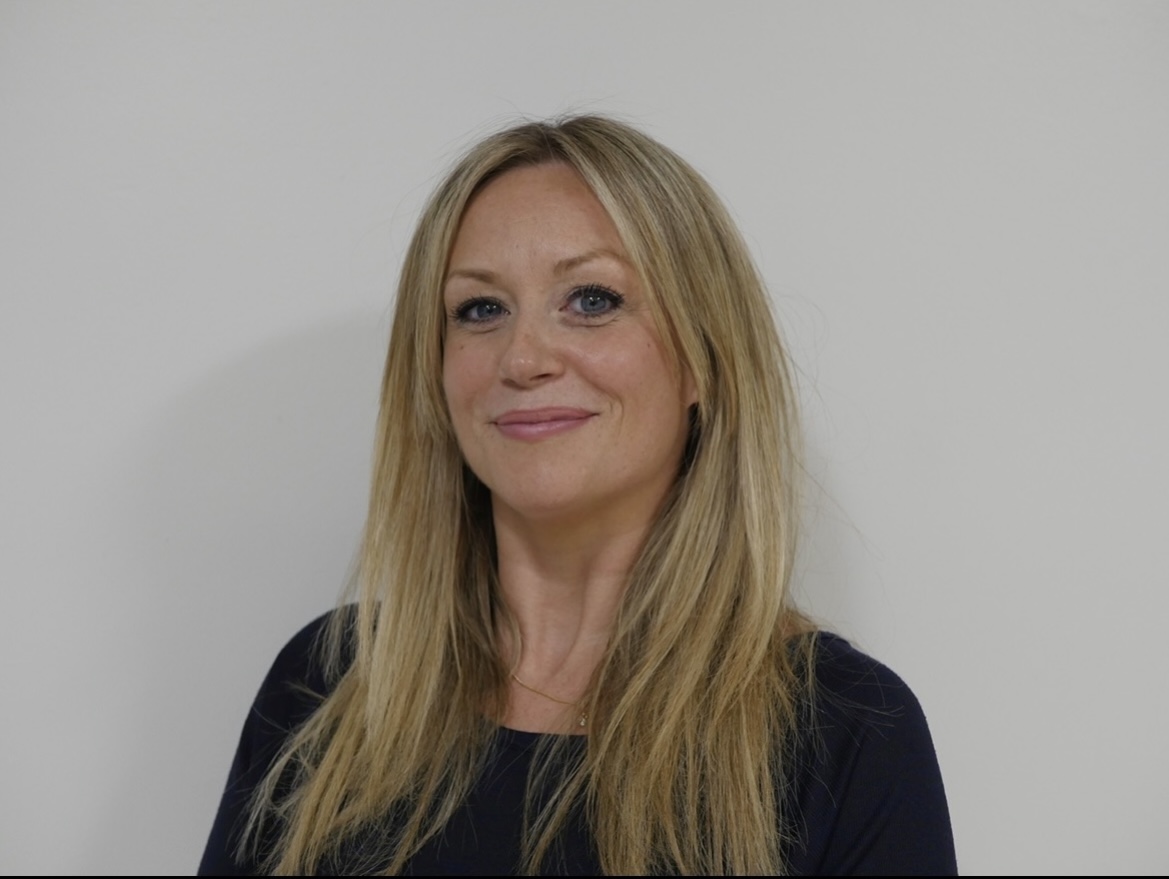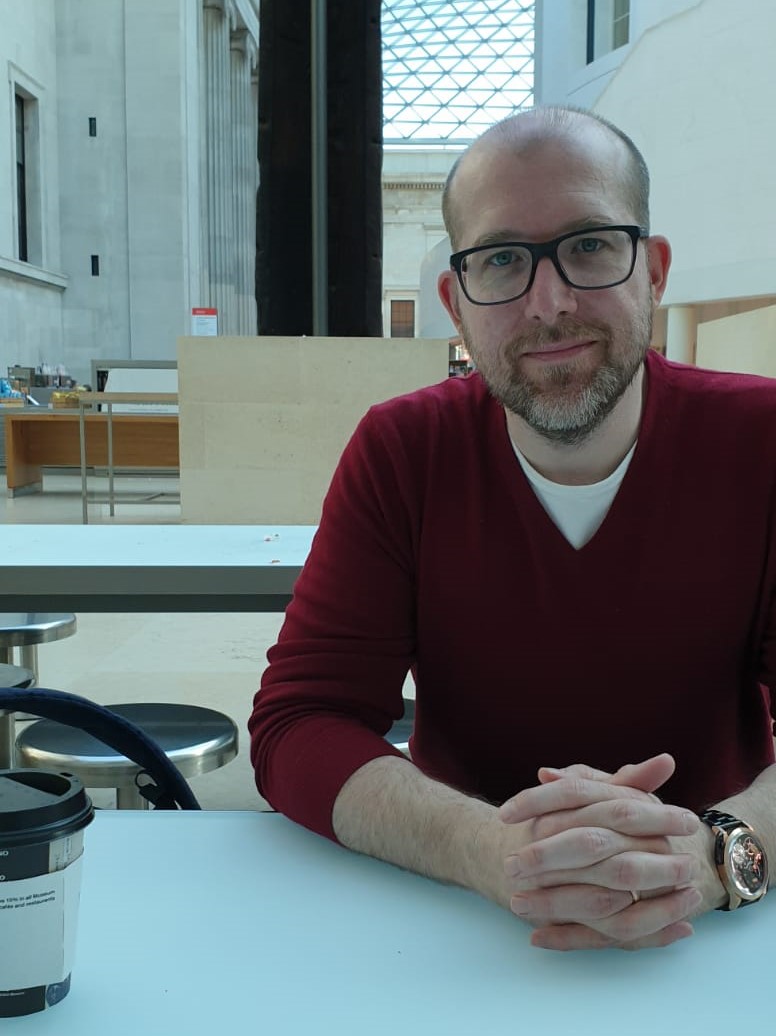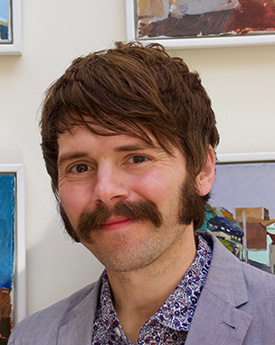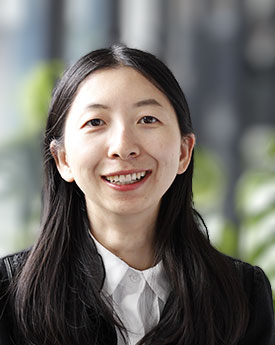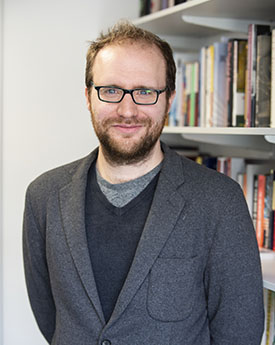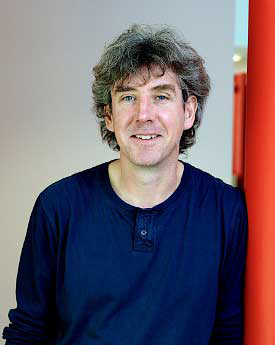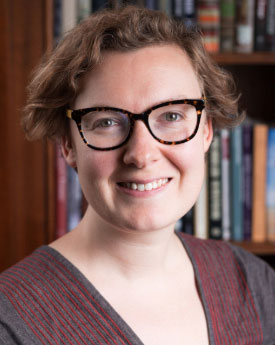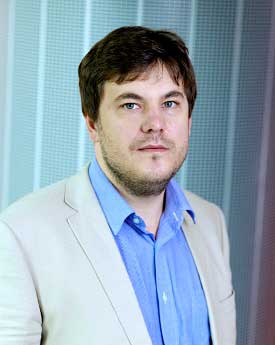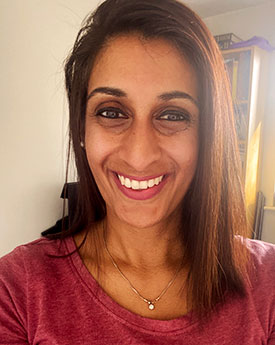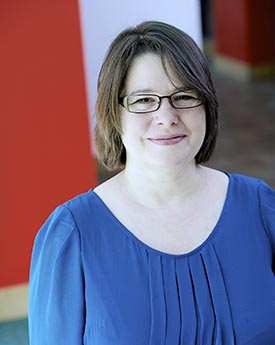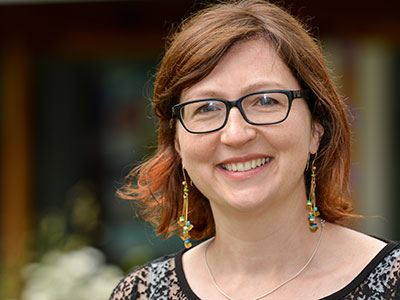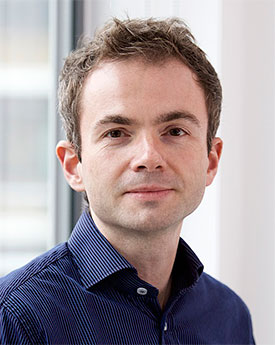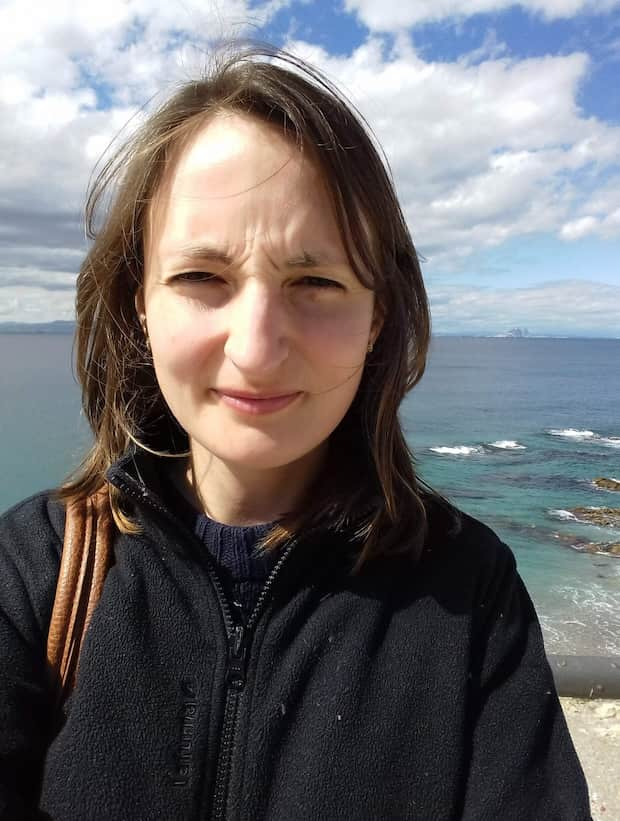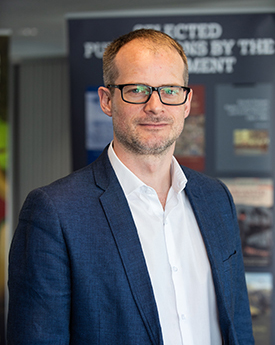Dr Zoe Alker
I am a digital historian of crime, justice, and punishment in Britain from the late eighteenth to early twentieth centuries. My work has used advanced digital techniques to explore youth justice, interpersonal violence, and carceral institutions. I am currently writing a monograph on femicide in Victorian England. Most recently I have been interested in what criminal records, alongside hospital and osteoarchaeological evidence, can reveal about bodies - from convict tattoos to the impact of the Industrial Revolution.
With colleagues, I have co-created a series of freely accessible digital archives and methodologies that open up these histories to the public. These include The Digital Panopticon, which traced the lives of over 90,000 convicts sentenced to transportation or imprisonment from 1790; Convict Tattoos, which analysed more than 75,000 convict tattoos; and Skin and Bone, which recorded the injuries of over 40,000 Londoners between 1760 and 1901. I use these resources in my teaching on the History BA and Digital Humanities MA, where I encourage students to develop digital skills alongside traditional historical approaches.
Research Interests
- Digital methods, including machine learning, natural language processing, and data visualisation
- Digital archives and public engagement
- Any aspect relating to crime, justice, and punishment in Britain (1750–1950)


